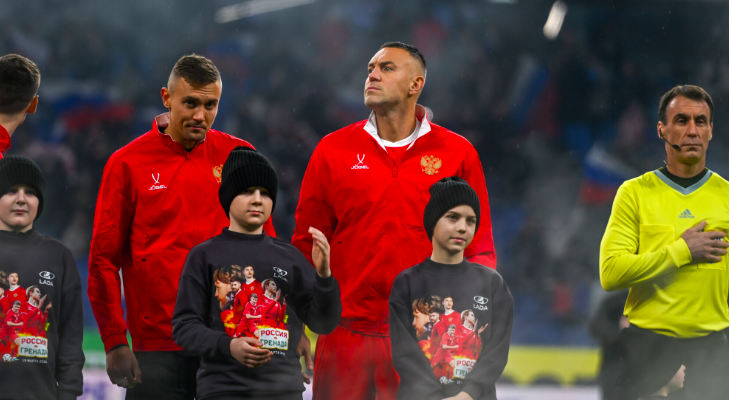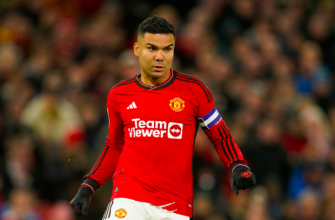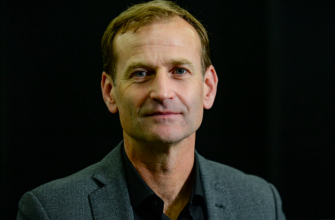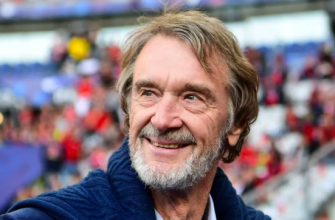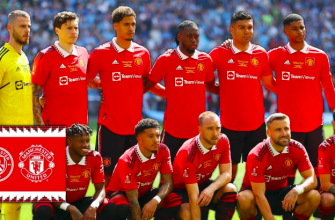Manchester United have not made many statements this season, but their 1–0 win away at Nottingham Forest in the FA Cup was, if nothing else, a moment of timely relief. It was not a performance to quiet critics. It did not solve structural issues. But Casemiro’s late goal did secure a quarter-final place—and at a time when Erik ten Hag badly needed something to hold onto, that may prove valuable in more ways than one.
In a season where the Premier League has delivered more frustration than momentum, the cup remains a narrow but clear path to silverware. And though United lacked fluency at the City Ground, they did show resolve. That, more than any tactical shift or lineup tweak, was perhaps the most important takeaway.

Tactical Tweaks and Familiar Flaws
Ten Hag opted for a slightly more cautious midfield in the absence of Rasmus Højlund, again turning to Bruno Fernandes to knit play between the lines. Marcus Rashford led the line, but with limited impact. The build-up remained laboured at times, and the tempo rarely threatened to stretch Forest. But the structure held. And that in itself was a change from recent collapses.
Alejandro Garnacho was United’s liveliest attacking outlet, consistently testing defenders with direct running. His unpredictability offered a contrast to the predictability of many of United’s recent performances. But the final product was often missing—until Casemiro’s decisive intervention from a late free-kick.
The Brazilian’s header, glancing and precise, was a reminder of what experience and timing can bring. His form this season has been mixed, but in the big moments, he continues to deliver.
Ten Hag’s Balancing Act
The Dutchman remains under pressure. Not necessarily from within the club—where Sir Jim Ratcliffe’s incoming football structure has yet to pass judgment—but from the wider conversation around results, identity, and consistency. Every fixture now feels weighted. Every lineup interpreted.
This victory does not change the narrative, but it does slow the conversation. Another poor result here would have left United with only the league to play for—and even that objective feels increasingly distant. Now, at least, there is a quarter-final to prepare for and a chance to channel energy into something tangible.
Ten Hag knows the margin for error is slim. But he also knows that momentum, even from modest victories, can shift seasons.
A Club Still in Flux
While the players remain focused on the pitch, Manchester United as an institution continues to undergo transformation. With Ratcliffe’s INEOS group taking operational control of football matters, a clearer strategy is being constructed above Ten Hag’s head. The arrival of Omar Berrada and the pursuit of Dan Ashworth signal a more modern, decentralised approach to decision-making.
But these changes will take time. And time, in football, is not always afforded evenly. Which is why results like this—narrow wins, ground-out clean sheets, progress in domestic competitions—take on greater significance than their scorelines suggest.
The Road Ahead
United’s FA Cup journey now leads to a quarter-final against Liverpool—an encounter that will test every inch of their tactical structure, mentality, and depth. It is the kind of fixture that can reset a campaign—or unravel it entirely.
For now, Ten Hag and his players move forward. Not with swagger, not with momentum, but with a small reminder that their season is not over yet. And in a year where the club has too often looked directionless, that may be the most important thing of all.
